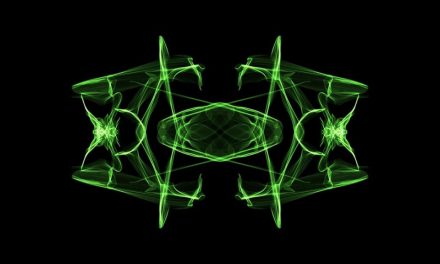This two-day conference aims to re-evaluate the gothic proliferation, duplication, and industrial (over-)reliance on sequelisation that emerged from the 1980s studio system. This conference seeks to open and build upon significant discussions on sequels stemming from existing scholarship (Klein and Palmer, eds. 2016) to examine the modal act of ‘retelling’, ‘re-entering’, and extending the particular purchase of science fiction, fantasy and horror and utilised the sequel often by including gothic elements and conventions. According to Stephen Prince, sequels gained a particular purchase in the age of the blockbuster, documented through the sheer number of titles featuring Roman numerals (Prince, 2007: 2-3). They have subsequently informed, and often troubled, the fan reception and scholarly legacy of the 1980s in contemporary gothic, science fiction, and horror studies. While many critics disparage the 1980s as the decade of soulless commercialism, avid consumerism and a time that fashion forgot, the extended new commercial appreciation for gothic, science fiction and horror texts from the 1980s has been a significant point of return and recapitulation in contemporary times and is often rooted in recall and citational nostalgia. More generally, the seeds of discontent in our contentious and fractured present were broadly sown or amplified in the 1980s, from which a gothic ‘mirror world’ (Klein, 2023) of replication, technological reproduction, if not infinite extension and overwriting and ‘correcting’ the past, can be traced.
The gothic mode informs many of the decade’s rich and iconic screen materials and aesthetics; thus, it serves as a significant starting point for the contemporary expansion (and occasional sentiment of exhaustion) with multiverse world-building and the overwhelming advancement of intra-textual material culture that continues profitability beyond the box-office to include toys, collectors’ ephemera, dedicated conventions, publications, and more. How has our mode(s) of consuming media (from VHS to collecting to streaming) led to these distinct cycles of reproduction? And what of uncanny replications and duplications of these texts and products under different creators/show-runners? With sequelisation, trilogies, and the ever-expanding parameters of (para-)textual prolongation, the inevitable factioning of ‘canon’ and the rewriting of ‘authorised’ histories through sequels/prequels/requels becomes significantly contested. This conference seeks to explore how sequels work, what rules and anomalies they produce, audience and fan expectations and exhaustion, the formulas, conventions, triumphs and failures, world-building and mythology through sequels, the industrial reliance upon sequels and franchises, and the uncanny notion that we may, still, be living in a historical sequel of the 1980s ourselves.
Topics may include, but are not limited to:
- The 1980s and industry reliance on sequels
- The postmodern sequel
- Replicating or returning to 1980s styles, practices, casts and products
- The ‘darker’ sequel (The Empire Strikes Back; Return to Oz etc)
- Remaking (and revisiting) 1980s films and aesthetics today
- Genre shifts/focus in sequels
- 1980s film and TV industry practices (sequels, returns, film-to-TV adaptations etc)
- The end of the trilogy?
- Transmedial Gothic Sequels or Adaptation as sequels?
- Sequels as commercial failures
- The direct-to-video sequel
- Lost Sequels/ Lost histories/ Unwritten sequels
- Nostalgia for 1980s gothic programming (the Retro 1980s)
- Sequel theory
- Analogue vs digital gothics (including VHS culture) and/or as sequelisation space
- Film franchises/reboots/remakes as cycles of production
- 80s Dark Fantasy and their 21st-century returns (Dark Crystal, Willow, etc)
Please submit your 300-word abstracts to conference organiser Dr Sorcha Ní Fhlainn at gothic1980s@gmail.com by Friday, 23 February 2024, or for any conference queries.
Contact Information
Please contact the conference organiser – Dr Sorcha Ní Fhlainn – at gothic1980s@gmail.com to submit abstracts and/or for any queries.





